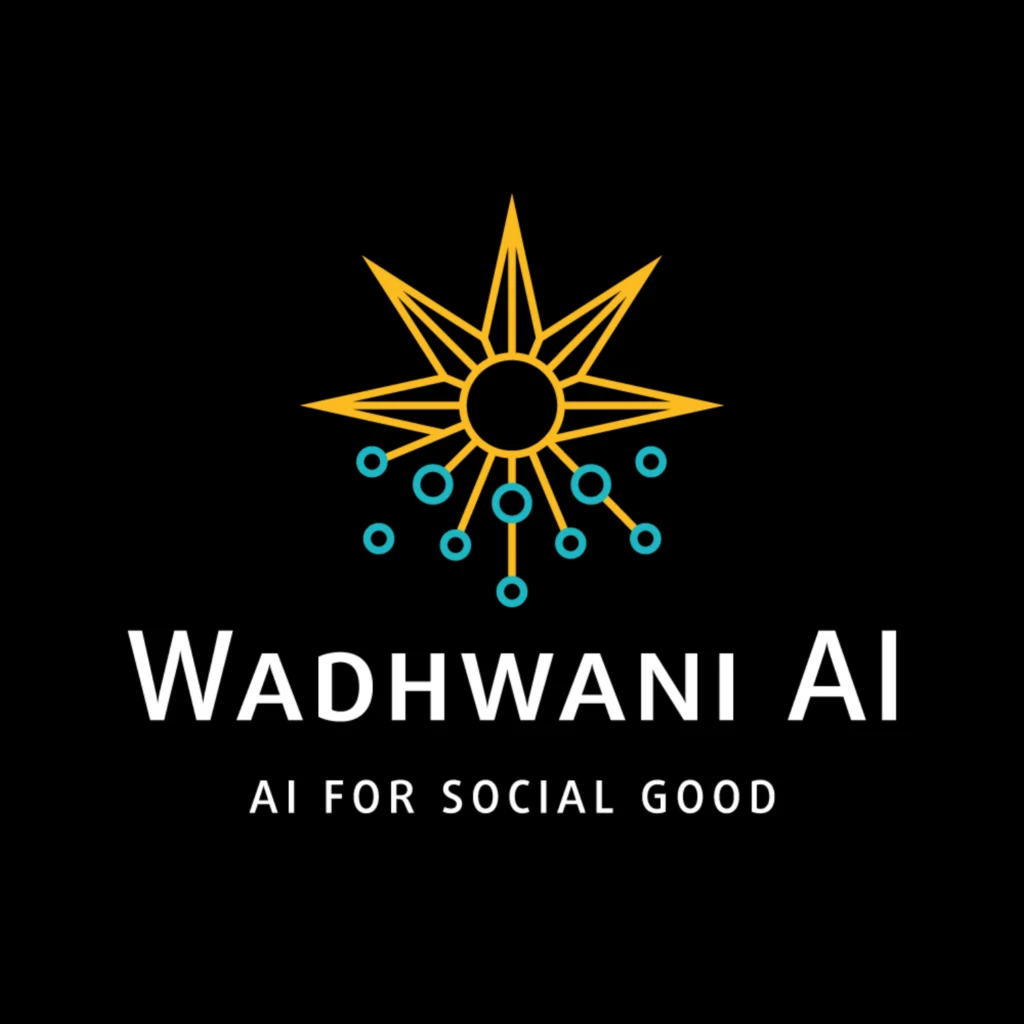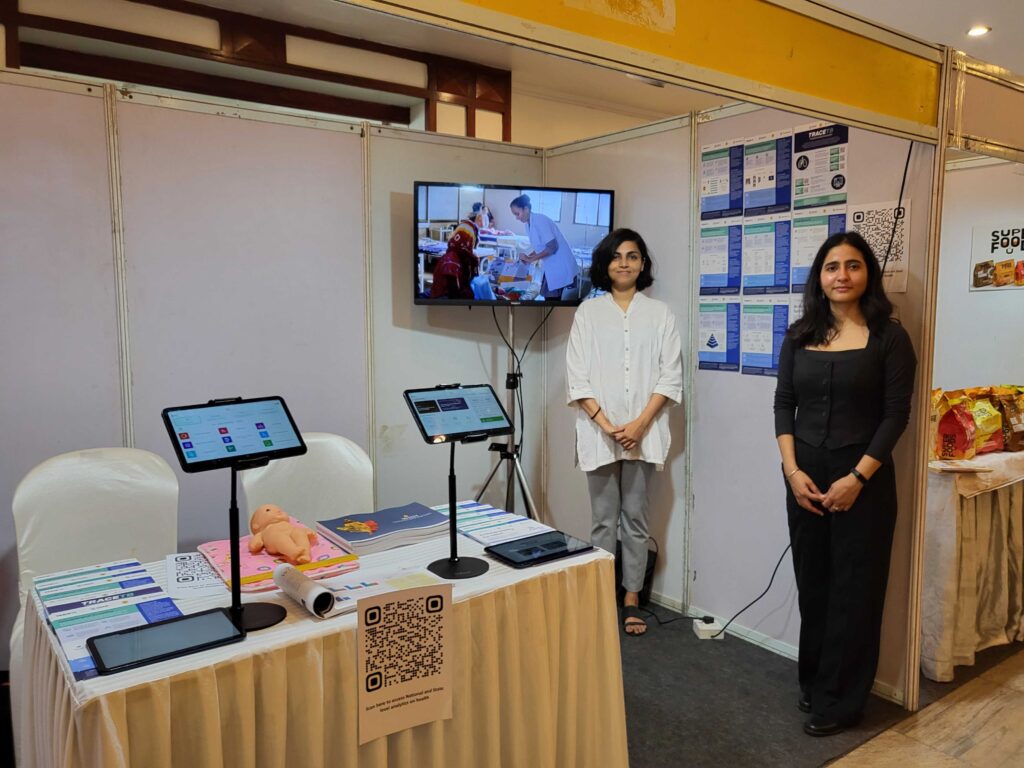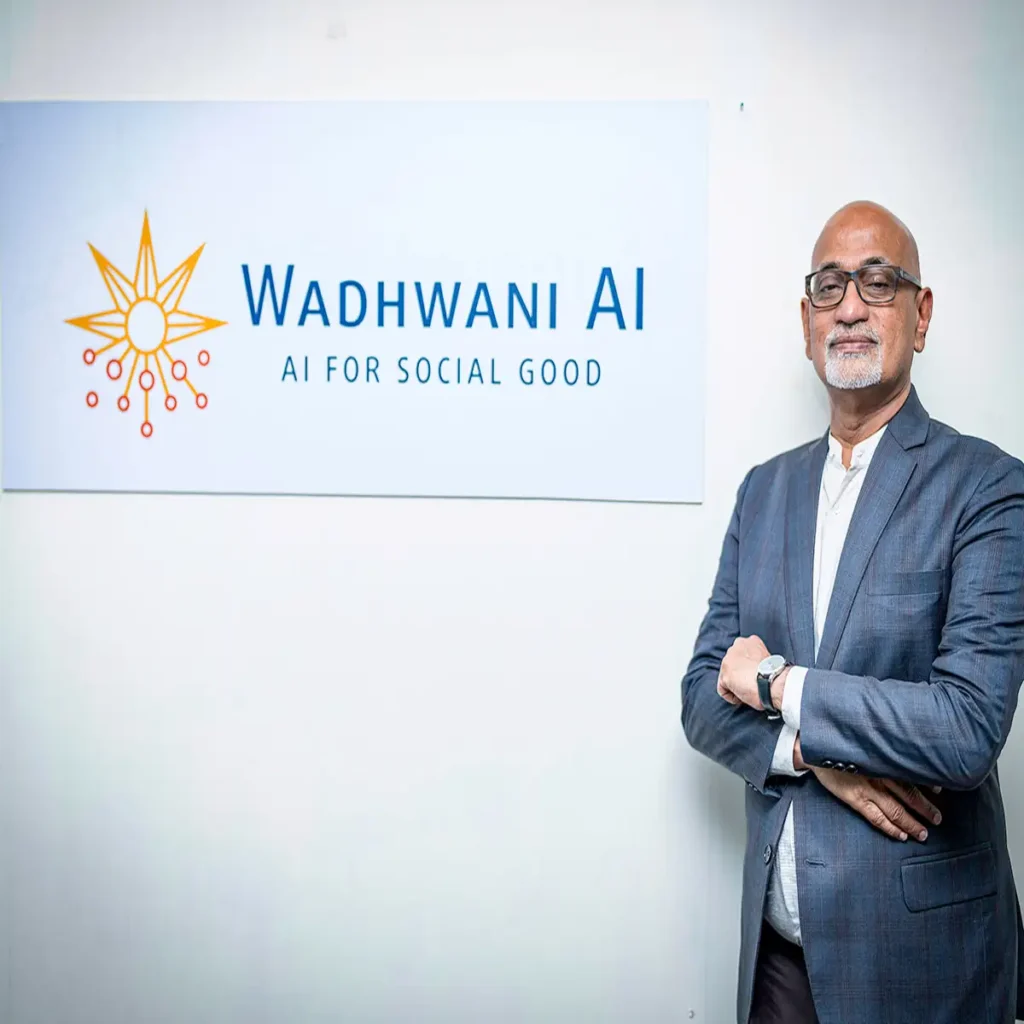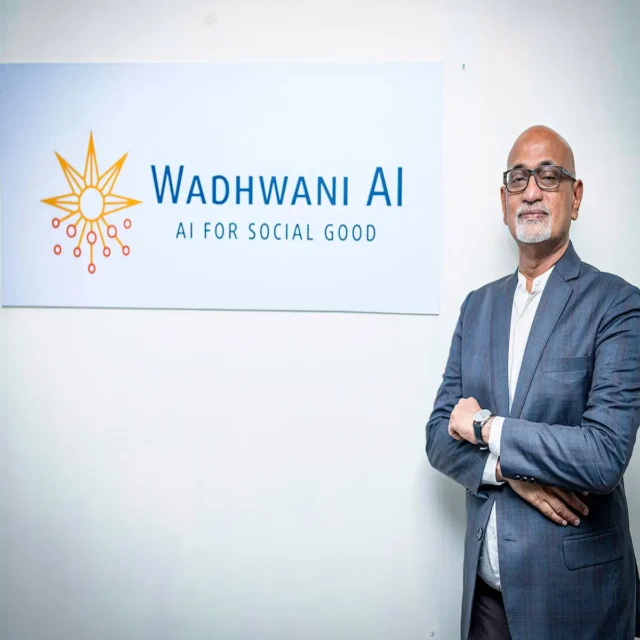Wadhwani AI, a global non-profit known for using artificial intelligence to solve critical problems, has now formally launched into several developing regions—including Africa and Latin America—to offer AI-powered solutions for public systems. The organisation says its aim is to ensure that underserved communities don’t miss out on the transformative potential of AI.
Romesh and Sunil Wadhwani, co-founders of Wadhwani AI Global, say that while AI has already made major impacts in certain parts of the world, far too many places remain outside its benefits. They believe this expansion is about closing the gap—making sure the innovations reach “communities where they can change lives most profoundly.”
Table of Contents

New Leadership and Strategy for Global Reach
As part of this expansion, Wadhwani AI has established a separate entity, Wadhwani AI Global, which will operate outside of India. This is distinct from the existing Wadhwani AI India operations, which will continue as before.
At the helm of the global push is Nakul Jain, newly appointed CEO and Managing Director. Jain brings about 14 years of experience in AI, strategy, and international development. He emphasises that crafting AI models is only part of the challenge; the larger task, he says, is making sure these tools solve urgent problems such as healthcare gaps, early childhood education, food systems, and other sectors often neglected in many developing countries.
According to Jain, the strategy will focus on three pillars: advisory support for governments, technology innovation, and building sustainable ecosystems so that solutions are carried forward locally long after initial deployment.
What Wadhwani AI Has Achieved, and What It Intends
Wadhwani AI already has a track record from its work in India, notably with an AI-powered oral reading fluency tool used by over six million children across Gujarat and Rajasthan.
Now, with its global arm, Wadhwani AI aims to embed its technology into public systems in education, healthcare, agriculture, and similar sectors in Africa, Latin America, and other parts of the Global South. The goal is not just introducing AI, but making sure these systems are transformed so that the benefits are equitably shared.
Jain has stressed that this move is about both impact and sustainability. It’s not enough to launch projects; what matters is whether these tools are accessible, culturally relevant, locally maintained, and produce measurable results.

Why This Matters and What’s Next
The expansion of Wadhwani AI into Africa and Latin American nations is timely. Many countries in these regions continue to struggle with weak educational infrastructure, limited access to health services, insufficient food security, and other systemic challenges. AI—when developed responsibly and deployed wisely—offers a chance to leapfrog traditional constraints.
However, there are significant risks: lack of local capacity, data privacy concerns, infrastructure limitations, and the danger of creating solutions that don’t align with local needs. Wadhwani AI appears aware of these, especially given their emphasis on partnering with local governments and building ecosystems rather than imposing foreign-centric models.
Looking ahead, the questions will be: Which countries will Wadhwani AI target first in Africa and Latin America? How will they measure success? Will local communities be involved in designing and maintaining the systems? And perhaps most crucially, can these AI tools be scaled sustainably beyond pilots?
If done well, this expansion could mark a turning point: not only for Wadhwani AI itself, but for many communities that have long been waiting for equitable access to technology that can truly transform lives.

Conclusion
Wadhwani AI has moved beyond India to launch a global entity aimed at bringing AI-based solutions to developing regions including Africa and Latin America. With Nakul Jain as the new CEO, the organisation plans to partner with governments, leverage innovations, and build sustainable systems in education, healthcare, agriculture and more. The success of this venture hinges not just on deploying models, but on embedding them meaningfully in local contexts so that real, lasting impact is felt by those who need it most.
Join Our Social Media Channels:
WhatsApp: NaijaEyes
Facebook: NaijaEyes
Twitter: NaijaEyes
Instagram: NaijaEyes
TikTok: NaijaEyes















![Mr Macaroni Drops Blistering Remark: ‘APC Filled with Most Corrupt People’ as He Slams Tinubu’s Controversial Pardon for Criminals=]] Mr Macaroni](https://naijaeyesblog.com/wp-content/uploads/2025/03/Mr-Macaroni-1-1-180x135.avif)
























